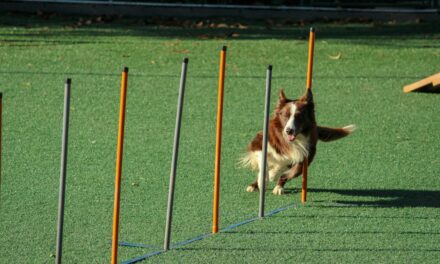A recent study conducted by Claire Brand and colleagues at the Royal Veterinary College (RVC) sheds light on the prevalence and nature of problem behaviours exhibited by ‘pandemic puppies’.
The study offers valuable insights for dog owners and professionals alike. The RVC Pandemic Puppies project tracks a cohort of puppies acquired during the COVID-19 pandemic in 2020, offering a unique opportunity to examine various risk factors associated with the development of owner-reported problem behaviours. This longitudinal study evaluates factors such as aversive training methods, owner expectations, and professional advice-seeking behaviour as the puppies reach 21 months of age.
Key Findings of the Study
The study, which involved 1,007 owners of pandemic puppies, revealed that nearly all owners (97%) reported at least one problem behaviour in their dogs by the age of 21 months. Control behaviours, attention-seeking, and fear/avoidance behaviours were among the most frequently reported issues.
Common Problem Behaviours in Pandemic Puppies
Pulling on the lead (67%), jumping up at people (57%), and not coming back when called (52%) emerged as the most prevalent problem behaviours. Separation-related behaviours affected a third of the dogs (31%), particularly those displaying attention-seeking or fearful behaviour and owned by individuals aged 25-34.
Aversive Training Methods
A concerning finding was that 82% of owners admitted to using aversive training techniques, such as physically moving the dog or shouting, with some employing more than two aversive aids. However, attending online puppy classes emerged as a protective factor against the use of aversive methods, indicating that in-person classes were not essential for behaviour improvements.
Owner Expectations and Seeking Advice
Nearly a third of owners underestimated the challenges of training their dogs, highlighting the need for realistic expectations and better support, especially for first-time owners. Surprisingly, most owners did not seek professional advice for their dogs’ problem behaviours, relying instead on personal experiences, dog trainers, books, and social media for guidance.
Implications for Dog Owners and Professionals
The study underscores the importance of addressing problem behaviours in pandemic puppies and promoting positive training methods. It also highlights the need for realistic owner expectations and increased professional support in managing dog behaviour issues.
The full findings of the RVC Pandemic Puppies project provide valuable insights into the challenges faced by dog owners and offer opportunities for enhanced education and intervention in the field of canine behaviour.








